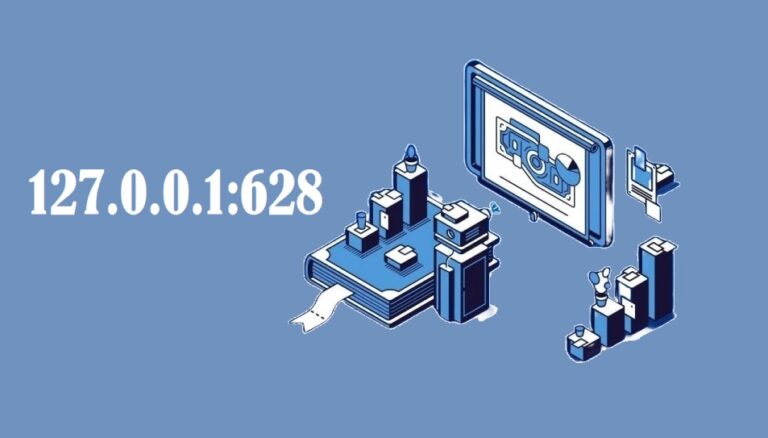In the realm of networking, various IP addresses play crucial roles in how devices communicate with one another. One such address that frequently appears in many tech-related discussions is 127.0.0.1:62893. This article will explore what this address means, its significance, and how it fits into the larger picture of networking.
What is 127.0.0.1?
The Concept of Localhost
At the heart of the address 127.0.0.1 lies the term “localhost.” Localhost refers to the local computer or device you are using. Whenever you access 127.0.0.1, you are essentially communicating with your own machine. It is a loopback address that allows network applications to communicate with each other without using the external network.
The Importance of Loopback Addresses
Loopback addresses, including 127.0.0.1, are used primarily for testing and development. They provide a means for developers to troubleshoot applications without needing an active network connection. For example, if you’re developing a web application, you can test it on localhost without exposing it to the outside world.
The Significance of the Port Number: 62893
Understanding Ports
While the IP address identifies the device, the port number (in this case, 62893) helps specify a particular service or application running on that device. Ports range from 0 to 65535 and are divided into three categories:
- Well-Known Ports (0-1023): These are reserved for specific services, such as HTTP (80) and HTTPS (443).
- Registered Ports (1024-49151): These ports can be registered for specific applications, like Microsoft SQL Server (1433).
- Dynamic/Private Ports (49152-65535): These are often used for temporary connections, commonly referred to as ephemeral ports.
The Role of 62893
The port number 62893 falls within the dynamic/private port range, indicating that it is likely used for a temporary connection initiated by a user or application. This means that a specific application or service is likely running on your local machine, listening for incoming connections on this port.
Use Cases for 127.0.0.1:62893
Web Development and Testing
One of the most common scenarios where 127.0.0.1:62893 may be used is during web development. Many developers utilize local servers like XAMPP, WAMP, or MAMP to create a testing environment. In this case, the application may listen on a specific port, such as 62893, allowing developers to view their work in progress.
Database Management
If you’re running a local database server, such as MySQL or PostgreSQL, it might also be set to listen on a specific port on localhost. For instance, a database management tool might connect to 127.0.0.1:62893 to access a local database, facilitating efficient management and query execution.
Network Troubleshooting
Another critical use case is network troubleshooting. IT professionals often use localhost addresses to test network configurations or diagnose issues without affecting the external network. Tools like ping, traceroute, or more advanced software can utilize 127.0.0.1:62893 to check if specific services are running correctly.
Security Implications of Using Localhost
Is Localhost Secure?
Using 127.0.0.1 is generally considered secure because it limits exposure to external threats. Any data transmitted over this address does not leave your machine, making it less susceptible to eavesdropping or interception.
Common Vulnerabilities
However, it’s essential to be aware of potential vulnerabilities. If a developer inadvertently configures an application to expose localhost services to the internet, it may lead to security risks. For example, if a web server running on 127.0.0.1:62893 is misconfigured to accept external connections, it could be an easy target for malicious actors.
Firewall and Security Settings
When running services on localhost, you typically don’t have to worry about firewall settings blocking access. However, if you configure a service to allow external connections, ensure that your firewall settings are appropriately adjusted to protect against unauthorized access.
Also Read: Shared Joy is a Double Joy; Shared Sorrow is Tymoff
Conclusion
The address 127.0.0.1:62893 is a crucial aspect of localhost networking that offers developers, IT professionals, and enthusiasts a powerful tool for testing, development, and troubleshooting. By understanding the role of both the IP address and the port number, users can effectively leverage this address for various applications, enhancing their workflow while minimizing security risks. Whether you’re debugging a web application, managing a local database, or simply testing network configurations, 127.0.0.1:62893 is an invaluable resource in the world of networking.


